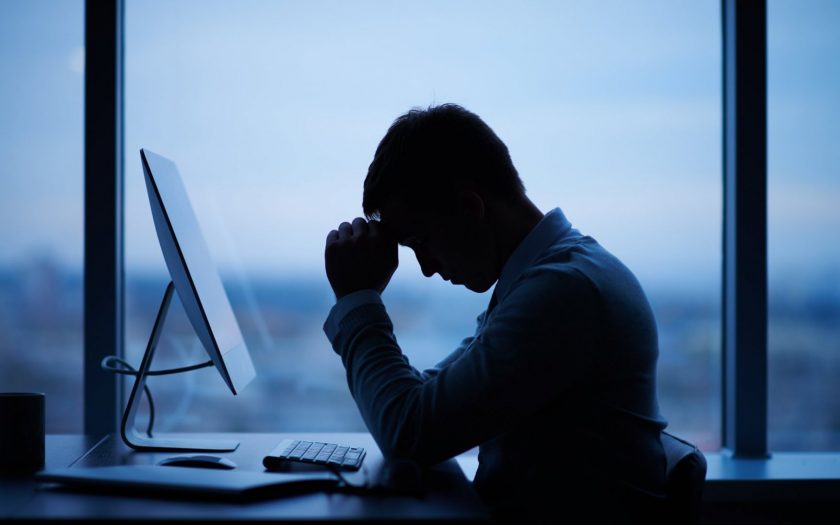Exercise.
Regular exercise is one of the most effective ways to deal with anxiety. Exercise reduces the level of stress hormone in the body. In addition, physical activity promotes the release of endorphins (joy hormones). They improve mood and, in some cases, even function as painkillers.
Keep a diary.
You can write down what worries you, or note what good happened today. This approach helps to focus on positive thoughts and events. This will help you get rid of bad thoughts and reduce anxiety.
Learn to say “no”.
Not all, but some stressors we can control. Manage those areas of life that you can influence. For example, learn to say “no” when someone asks you to do another task in addition to what is already on your to-do list.
Try aromatherapy.
It is believed that bathing with essential oils is the best way to relieve anxiety. So set aside a few days a week for a relaxing bath. Immersed in water, imagine how anxiety comes out of the pores of the skin, dissolves in water. Use the right oils and mix them to create your personal relaxing scent.
Spend time with family and friends.
Studies show that people with less developed social connections are prone to increased anxiety, because when a person spends time with friends and family, the body produces oxytocin. This hormone is associated with processes that cause pleasant emotions.
Laugh.
Very often in everyday life we do not show our emotions, which leads to the formation of many complexes. Eventually, feelings of anger, shame, or fear build up in us and create constant anxiety. Laughter removes all the accumulated negativity, helps to restore the harmony of soul and body, gets rid of the accumulated negative energy.
Don’t put things off.
Procrastination can lead to feelings of shame for unfinished business. This, in turn, causes stress, which negatively affects the health and quality of sleep. This can be avoided if you have a habit of making a to-do list for the day. Set realistic deadlines for your plan and gradually implement it.
Practice yoga.
Regular yoga classes help you stay calm and give you the strength to accept events without feeling anxious. The practice of yoga includes a full range of asanas (body positions), pranayama (breathing techniques), meditation and the ancient philosophy of yoga. All this in combination allows the body to recover and relieve stress.
Meditate and breathe.
Meditation and breathing are faithful helpers in overcoming psychological instability. Meditation helps to normalize the functioning of the brain and focus on yourself, not on the “noise” around. Breathing technique improves blood circulation and speeds up metabolism. In addition, in combination with relaxation exercises, it reduces nervousness and anxiety.
If you develop generalized anxiety disorder, see your doctor and take modern effective drugs, such as Pexep CR or Xet.

